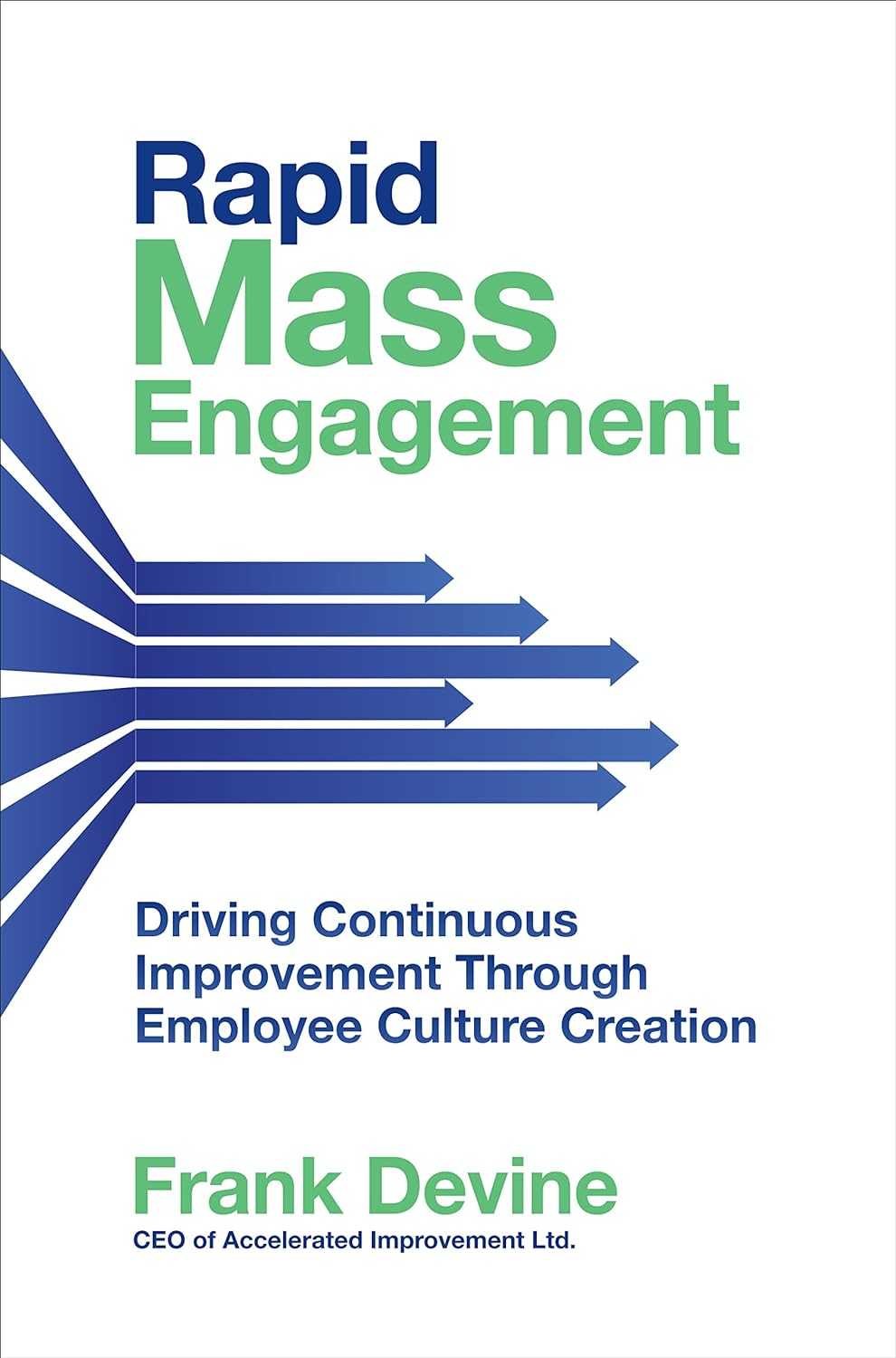I am a small business owner, and it took a degree of ego to leave corporate life behind and pursue my dream in 1996. It’s likely the same for many SME leaders, who have put trust in themselves and their ambitions to make the leap.
In my experience, smaller organisations have a number of advantages in achieving business breakthroughs and

leveraging employee engagement. But, like all potential strengths, ego overuse or use in inappropriate circumstances can become a weakness. It could see you ploughing ahead with plans and projects that don’t reflect your reality and prevent you from achieving your overall goals due to a mismanagement of resources, capital and more.
Let’s consider five key ego-related lessons when implementing a transformational project in smaller organisations lacking the resources available to global multinational corporations.
Don’t be Afraid to Ask for Help
Running a SME, you are not alone. You are surrounded by your senior team members, your employees, your customers, your suppliers, employers’ groups, and other like-minded SMEs – all of whom you can ask for help.
Customers value having a reliable and innovative supplier. Working in the automotive supply-chain in the 80s we humbly asked Nissan for technical help and they sent key specialists to work alongside and train our people. Apart from accommodation, there was no cost to us and we moved up Nissan’s supplier rankings.
Much later, one of my customers stepped in and designed the website for my business, again no payment was accepted. Other people in my network translated my Amazon Author profile into French, German, Italian, Spanish and Portuguese. In turn, I have willingly helped many people create a competitive CV and interview approach and used my network for introductions. There are a lot of decent people out there; help them when they need it and don’t be afraid to ask for yourself.
Humbly engage and enable, not just involve, your employees.
It is not weak to communicate that there are simply not enough managers to deliver transformational projects. When you earn the trust of employees that you are acting with integrity and you involve employees early enough to make a difference, results follow. You should:
- Engage with employers’ groups who focus on practical business improvement.
- Combine with other SMEs to share costs and benchmark. For example, join with other SMEs when training your managers and employees in the capability-building outlined in the next section.
It is Not About You! Challenge the ‘Expensive = Good’ Assumption
Commentators often criticise SMEs for not investing enough in our people, I hear comments like “why don’t they invest in ….?” As if SMEs didn’t know how valuable widespread problem-solving or coaching or data analysis skills are in business!
Here are simple, inexpensive ways of maximising return on investment in capability-building skills:
- Plant once but reap often
Look for approaches designed for busy people working at stress, that have proven and systematic skill-building and sustainability features that ensures your initial investment pays off forever. These approaches do not profit-maximise for the supplier but value- maximise for you.
- Equip the many, not the few
Too often we invest disproportionately in a small band of senior people. This over concentrates risk. As an example, why pay for expensive coaching qualifications for a few leaders when you can train all your managers, and ideally all your employees also, in practical, day-to-day coaching skills? If your employees are skilled in diagnosing accurately, validating data and testimony, avoiding the most common mistakes our brains make and exploring innovative options never considered in your sector before, imagine the impact every day in your business? Imagine how that will leverage your existing investment in any approach to continuous improvement or data analysis? Imagine what it will do to idea generation and innovation?
- Build Internal Capability
Some of my clients have internal facilitators who are more capable than many prestigious external providers – if they were available, I would recruit them tomorrow! Even those that do not reach that level are highly skilled employees working in all functions at all levels, driving a high-performance culture throughout the business.
For your transformational projects, imagine the impact of having this type of widespread day-to-day capability at all levels? Projects are complex and things will go wrong, but you can afford to get some things wrong, confident that your self-healing system and people would know how to diagnose it quickly and fix it.
Learn from Forest Gump!
As Forest Gump reminded us ‘s**t happens’, and when it does your ego is a barrier to handling it well. Employees know that business is complex and that things go wrong, but what disengages them is refusal to take responsibility.
When something goes wrong:
- Acknowledge it and apologise
- Focus on diagnosis of what happened
- Identify root cause(s)
- Agree how to prevent it ever happening again
NB: this is much easier if you and other leaders have responded to employee mistakes in the same no-blame way previously!
Abandon Comfortable Echo Chambers
We frequently accept things as given until they are proved not to be; no-one thought a 4-minute mile was possible until Roger Bannister ran one. Soon multiple milers ran under 4 minutes.
Our ego is comfortable in an echo chamber, ‘look at all these people who agree with me!’. Resist this shallow conformity and challenge conventional wisdom and perceived best practice. We saw above that coaching is more affordable and effective as a mass, rather than an elite activity. Other assumptions worth debating:
- ‘Working from home is good for employee engagement’. It is in the short term but what happens when young employees realise how much learning they have missed out on and how others have progressed further and quicker in their careers? Will that realisation be engaging for them? This is a complex issue to be handled carefully ideally via mechanisms such as joint working parties.
- ‘Compulsory redundancy is always bad for employees’. Is it good for the future job security of employees who remain after a voluntary redundancy that their most talented peers have been incentivised to leave and work for your competitors?
- ‘Transformation takes forever.’ Does it? Learn about concepts such as Design for Excellence, Rapid Mass Engagement, Systems Thinking etc. for proven examples of when rapid cultural and systems transformation happened. Apply that learning to your organisation.
As leaders, it’s vital that we are able to put our egos to the side. It may not feel easy at first, but admitting your  limitations and asking for help will stand you in a far stronger position with your internal and external stakeholders than a vanity-fuelled approach to transformation projects.
limitations and asking for help will stand you in a far stronger position with your internal and external stakeholders than a vanity-fuelled approach to transformation projects.
Frank Devine is a culture change specialist, founder of Accelerated Development Ltd. and author of Rapid Mass Engagement: Driving Continuous Improvement through Employee Culture Creation. He is co-hosting a workshop on how to achieve rapid operational and culture change in January 2024. For more information, visit www.manufacturersnetwork.co.uk/making-the-leap-rapid-process-culture

